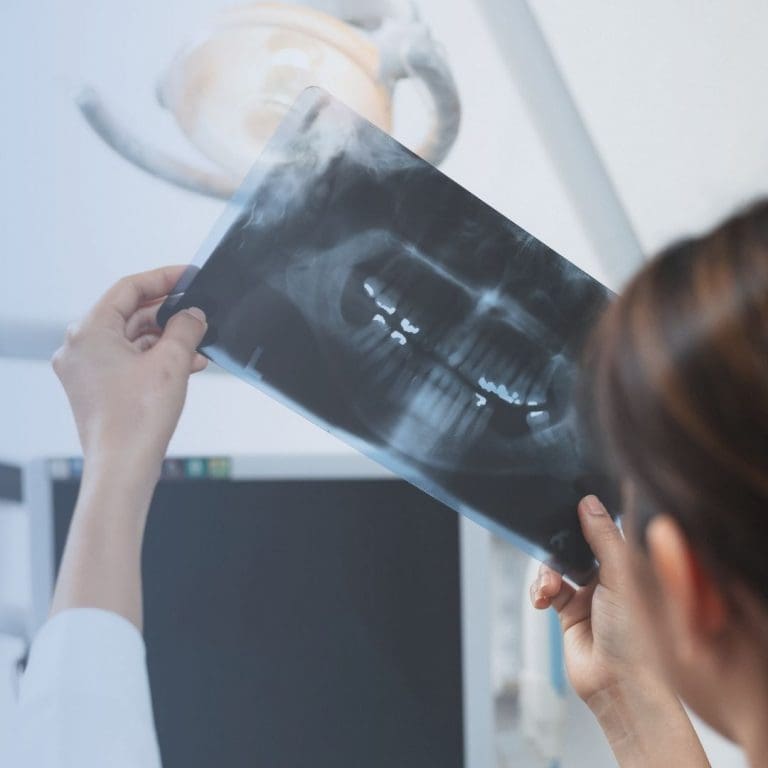Dental Emergency
Sooner or later, it’s probably going to happen. You or a loved one will experience a dental emergency. When that happens, you’ll need some good information so that you act appropriately and receive needed dental care.
What are common dental emergencies?
Here are a few of the most common dental emergencies and how to handle them:
Knocked Out Tooth
Having a tooth get knocked out is a classic type of dental emergency that can happen when you are playing sports or are involved in some type of collision, such as a vehicle accident. Time is of the essence in saving the tooth, so do everything that you can to receive emergency dental care within an hour or two.
- Take the tooth by the crown only, never the root, and rinse with room temperature water if dirty.
- If possible, attempt to place the tooth back into the socket. Orient it correctly, and gently bite down.
- If you cannot place the tooth back into its socket, put it in a glass of milk. Alternately, you can place it between your cheek and gums to keep it moist.
- Contact your dentist or emergency dentist as soon as possible for your best chance at saving the tooth.
Broken Tooth
Teeth are strong, but they can break when you bite down on something hard or are involved in a collision. The danger of a broken tooth is that bacteria can now find its way into the dental pulp, leading to a serious infection.

If you experience a broken tooth, use some warm water to rinse your mouth and remove any dirt and debris. If you’re bleeding, place some clean gauze on the broken tooth for about 10 minutes or until the bleeding has stopped. To minimize or prevent swelling, place a cold compress against the area with gentle pressure.
If you can find the broken parts of the tooth, take them with you to your dentist, as they may be able to reattach them.
Bleeding Gums
If your gums are bleeding right after some type of trauma to your teeth or mouth, this could be a dental emergency. Contact your dentist as soon as possible.
Gums that bleed routinely after brushing and flossing could be an indication of gum disease. Although gum disease is quite serious, it is not an urgent situation requiring emergency care. If you suspect you are dealing with gum disease, contact your dentist at your earliest convenience for an examination.
Severe Toothache
A severe toothache is a classic type of dental emergency requiring urgent intervention. This can be caused by either some type of trauma or a serious infection. Either way, the tooth is at risk if prompt action is not taken.
The main goal of your dentist is to relieve your pain and provide a treatment to deal with the cause of your toothache. This might involve treatments like fillings, crowns, or root canal treatment.
